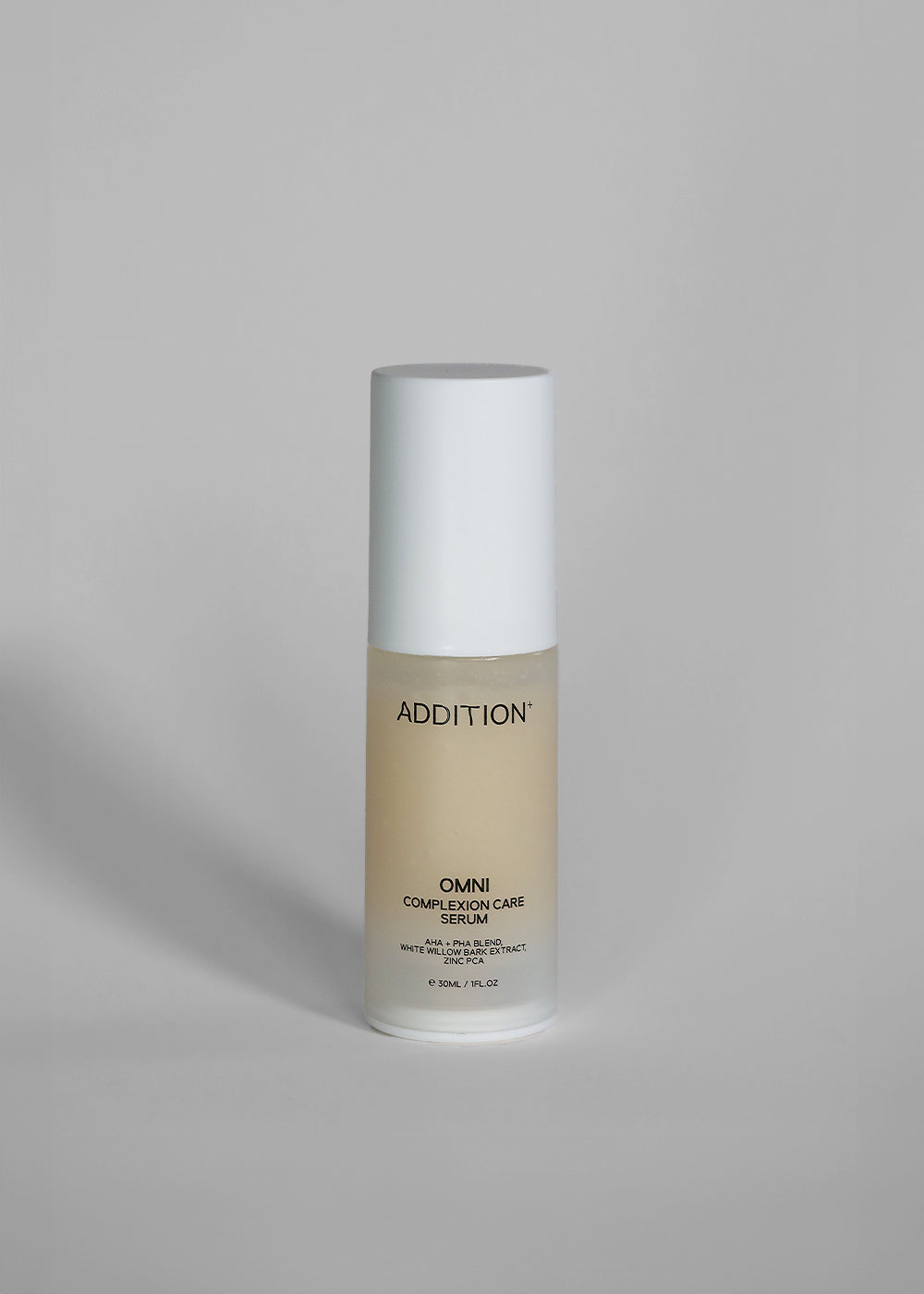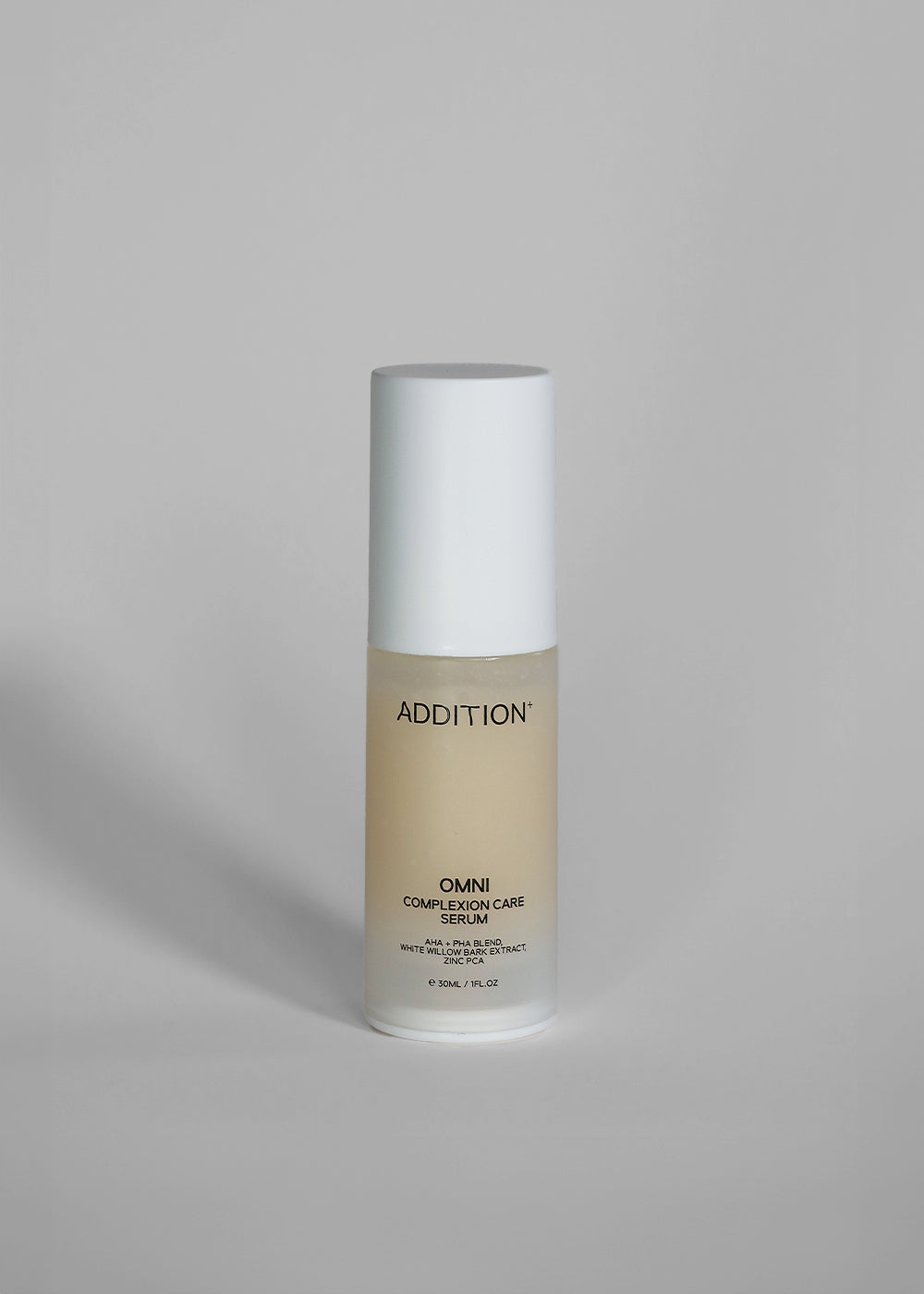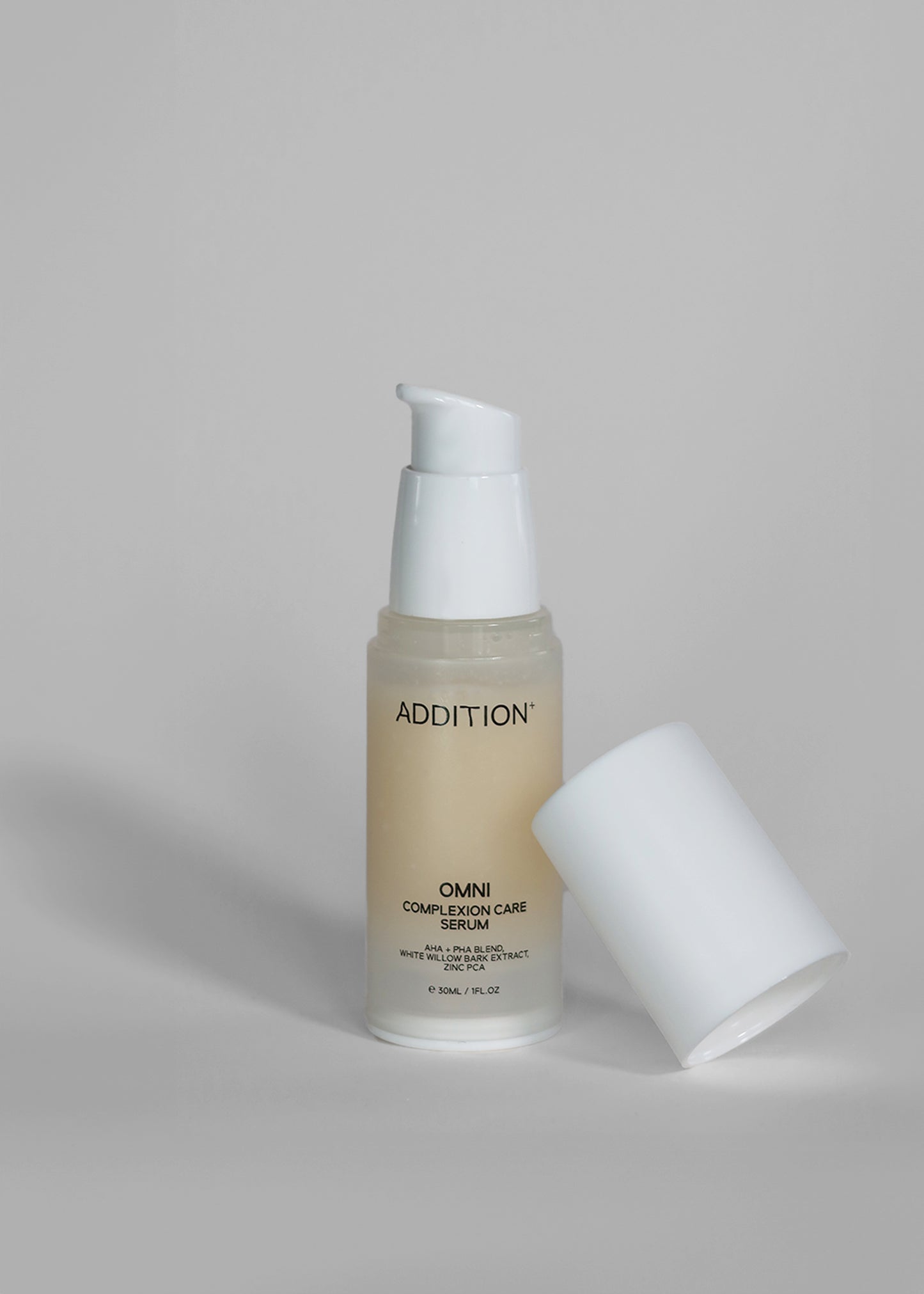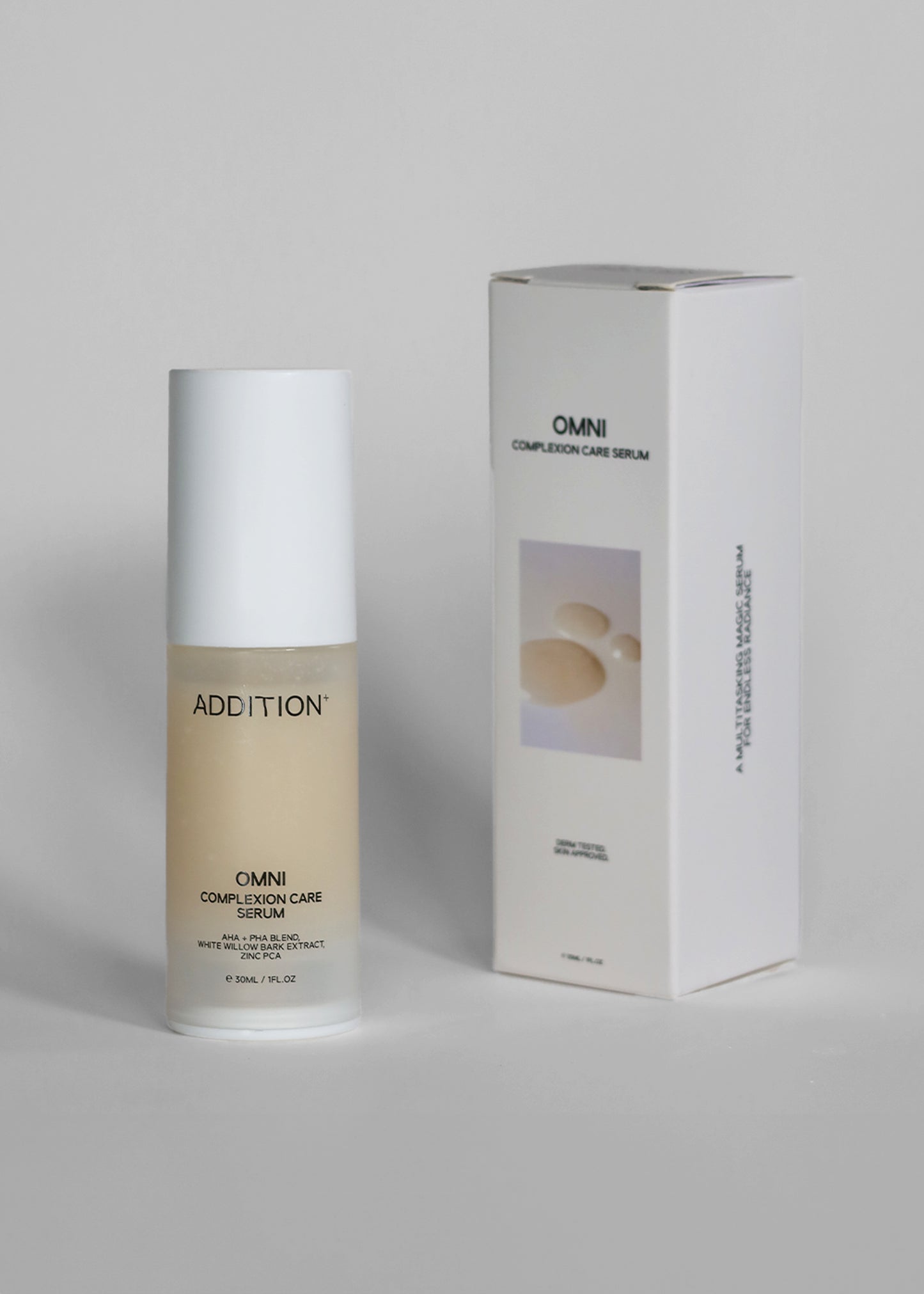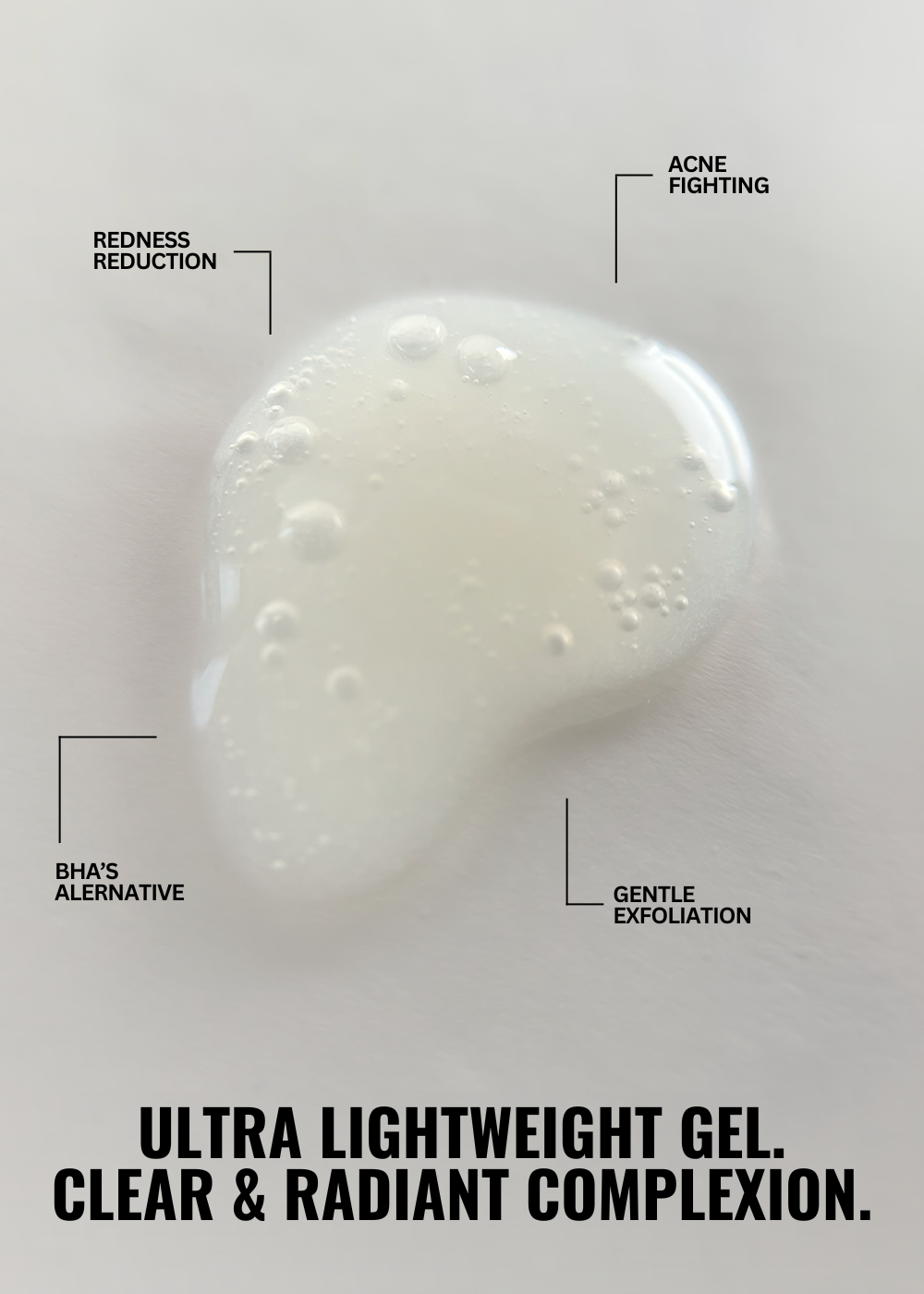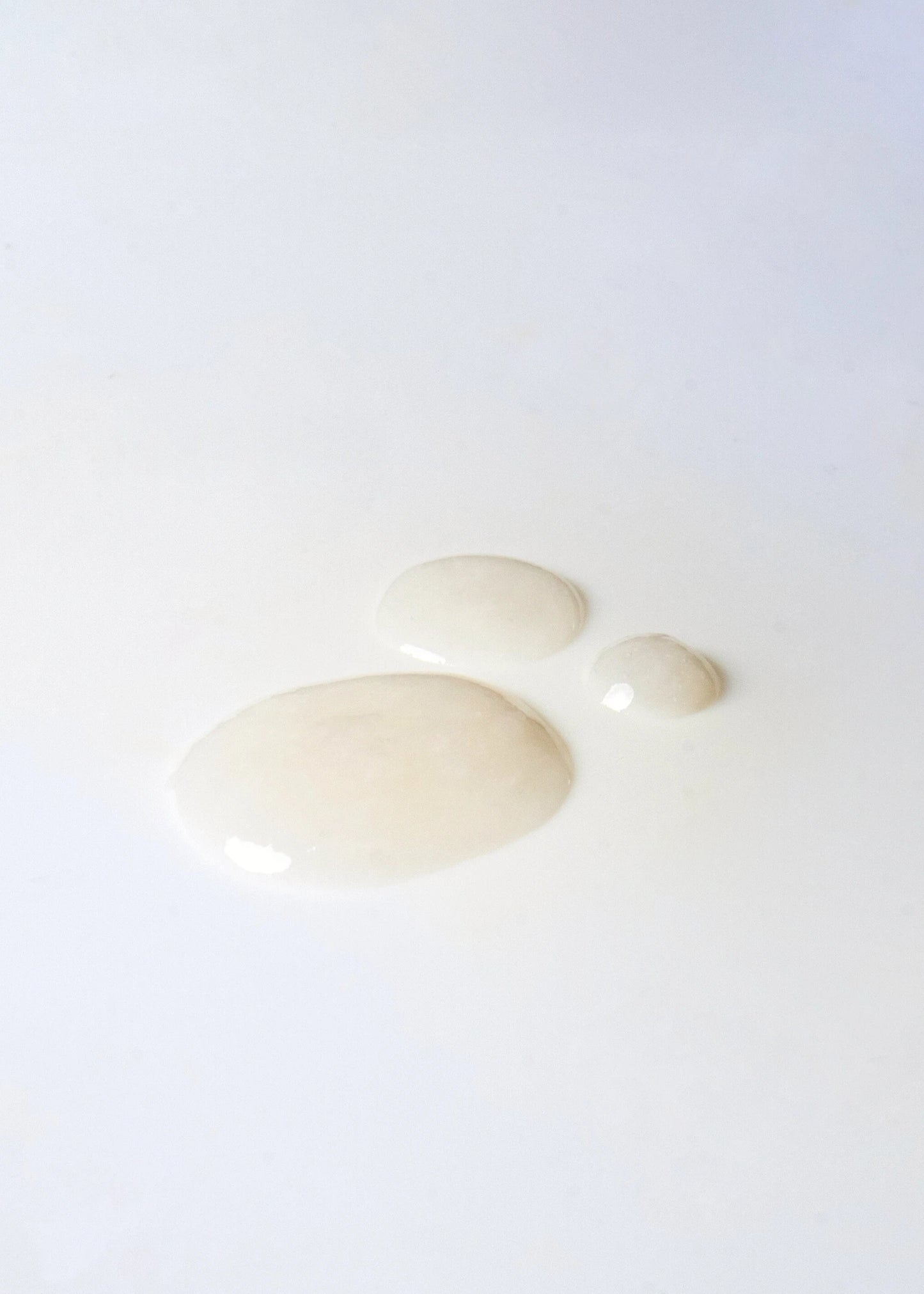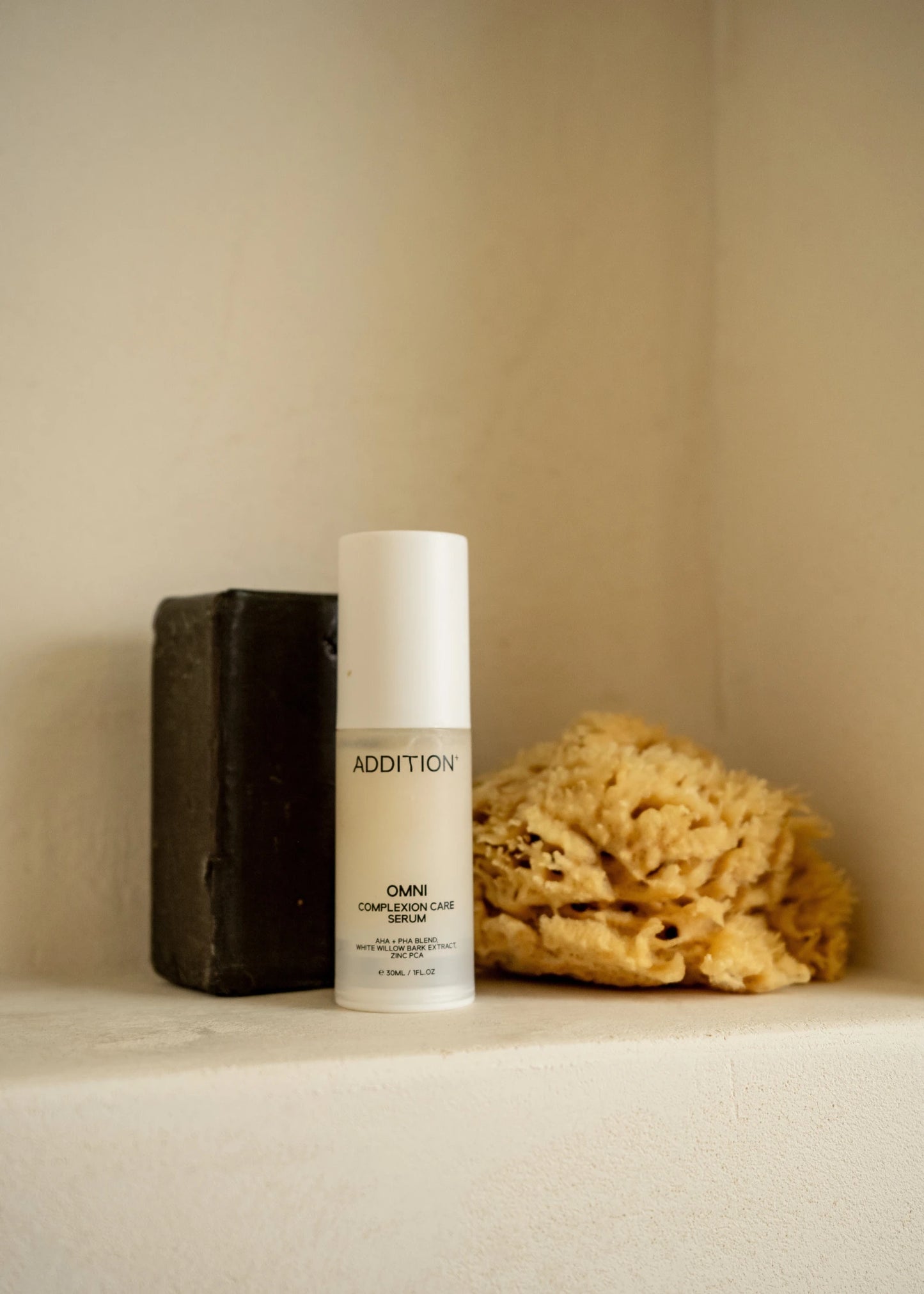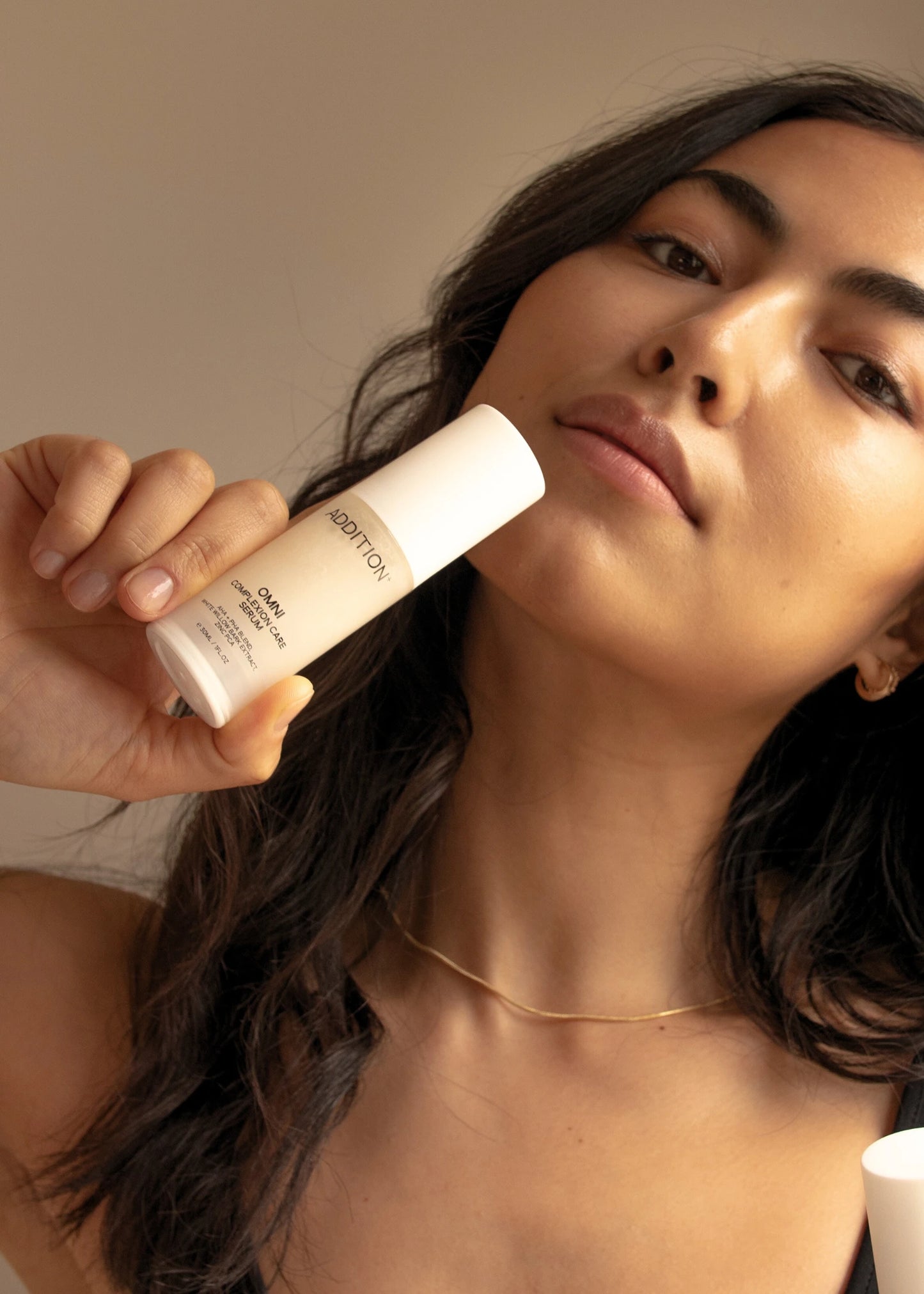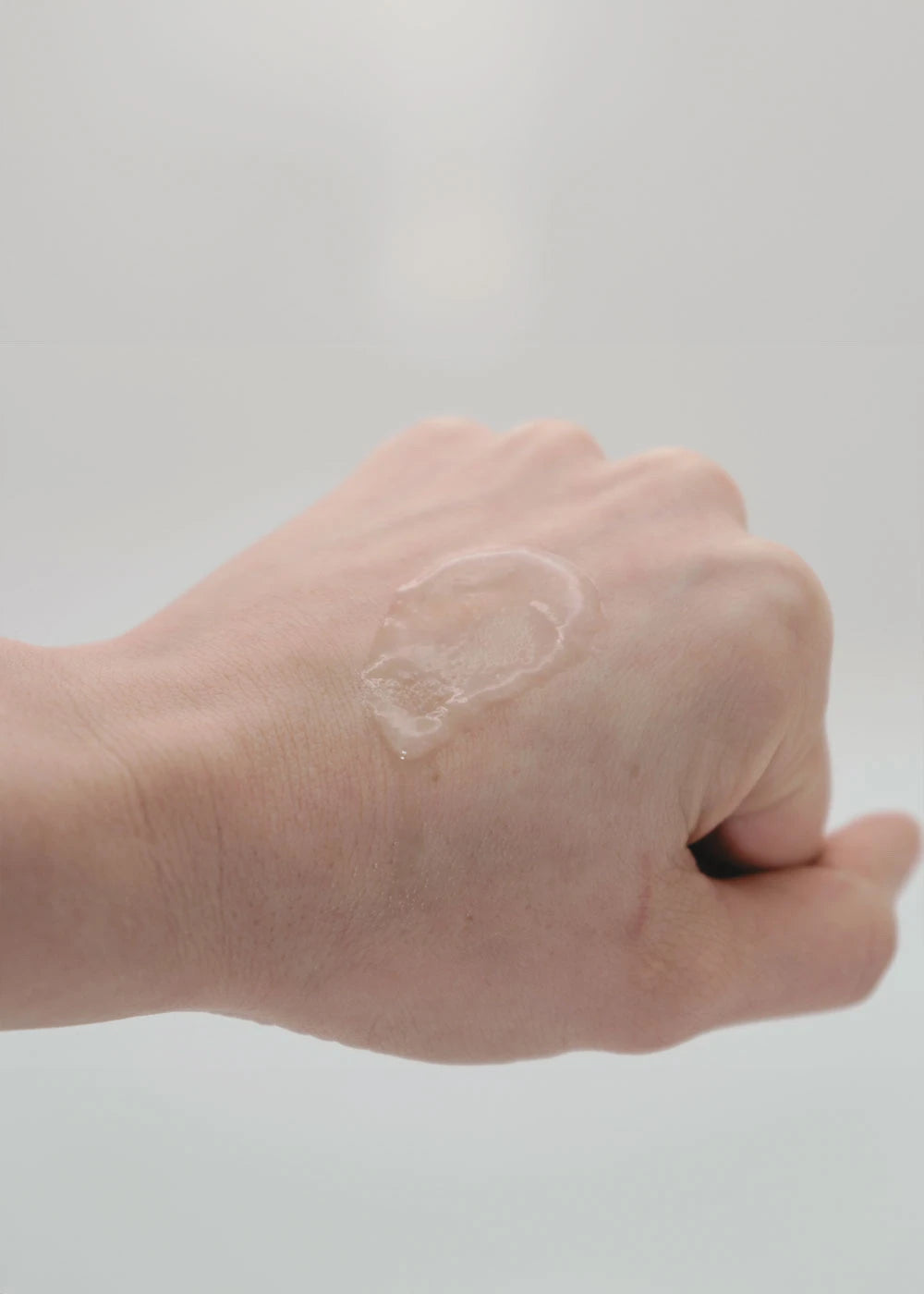Pregnancy is a time of immense joy and anticipation, but it can also bring about changes in the skin, including the onset or exacerbation of acne. Many traditional acne medications may not be suitable during pregnancy due to potential risks to the developing fetus. However, there are safe alternatives that expecting mothers can incorporate into their skincare routine. Let's explore some acne medications that are considered safe during pregnancy, ensuring a nurturing approach to skincare.
1. Topical Azelaic Acid:
Azelaic acid is a versatile ingredient known for its anti-inflammatory and antibacterial properties. It's considered safe during pregnancy when used topically. Azelaic acid can help reduce inflammation, unclog pores, and lighten dark spots, making it an effective option for managing acne.
2. Glycolic Acid and Lactic Acid:
Alpha hydroxy acids (AHAs) like glycolic acid and lactic acid are generally considered safe in lower concentrations for topical use during pregnancy. They aid in exfoliation, promoting cell turnover and helping to keep pores clear. However, it's advisable to use them in moderation and under the guidance of a healthcare provider.
3. Topical Clindamycin:
Topical clindamycin is an antibiotic that is often prescribed to combat acne. When used topically, it is considered safe during pregnancy. It works by reducing the number of acne-causing bacteria on the skin.
4. Sulfur-Based Products:
Sulfur-based products, such as sulfur masks or spot treatments, are considered safe for managing acne during pregnancy. Sulfur helps to reduce inflammation and unclog pores without posing significant risks.
5. Tea Tree Oil:
Tea tree oil, when diluted and used topically, can be a gentle yet effective option for managing acne during pregnancy. It has natural antibacterial and anti-inflammatory properties.
6. Non-prescription Benzoyl Peroxide (in moderation):
Benzoyl peroxide is generally considered safe when used in lower concentrations (2.5% or less) and on a limited basis during pregnancy. It helps to kill acne-causing bacteria and reduce inflammation. However, it's essential to consult with a healthcare provider before use.
7. Salicylic Acid (in limited amounts):
While oral salicylic acid is typically avoided during pregnancy, low concentrations of salicylic acid in topical products (2% or less) are generally considered safe. It's crucial to use it sparingly and under the guidance of a healthcare provider.
Important Considerations:
- Always consult with your healthcare provider before using any acne medication during pregnancy to ensure it aligns with your specific circumstances.
- Avoid oral retinoids, such as isotretinoin, as they are known to pose serious risks during pregnancy.
- Maintain a gentle and consistent skincare routine, emphasizing cleansing and moisturizing to support overall skin health.
Conclusion:
Managing acne during pregnancy requires a thoughtful and cautious approach to skincare. While some traditional acne medications may be off-limits, safe alternatives like azelaic acid, glycolic acid, and topical clindamycin can provide effective solutions. Prioritize communication with your healthcare provider to create a tailored skincare plan that ensures both the health of your skin and the well-being of your developing baby. Remember, the journey to radiant skin during pregnancy is a partnership between you, your healthcare provider, and gentle, pregnancy-safe skincare choices.


